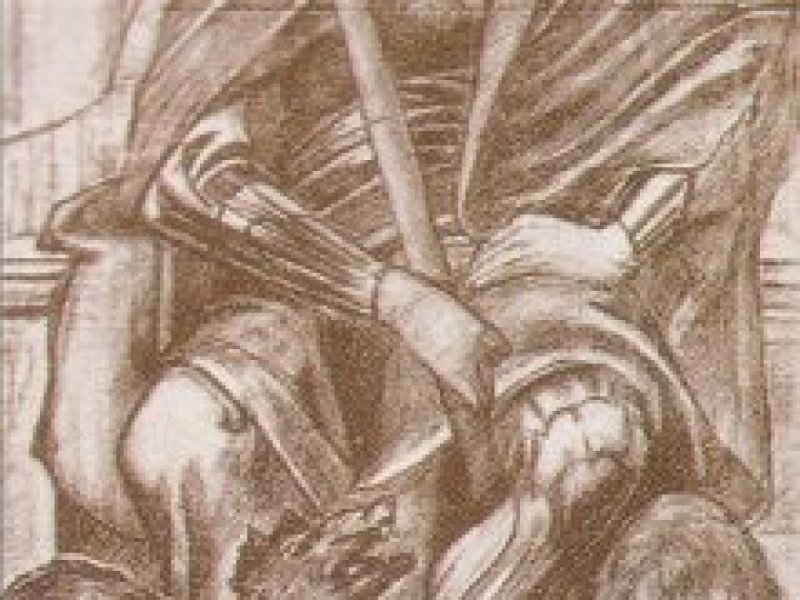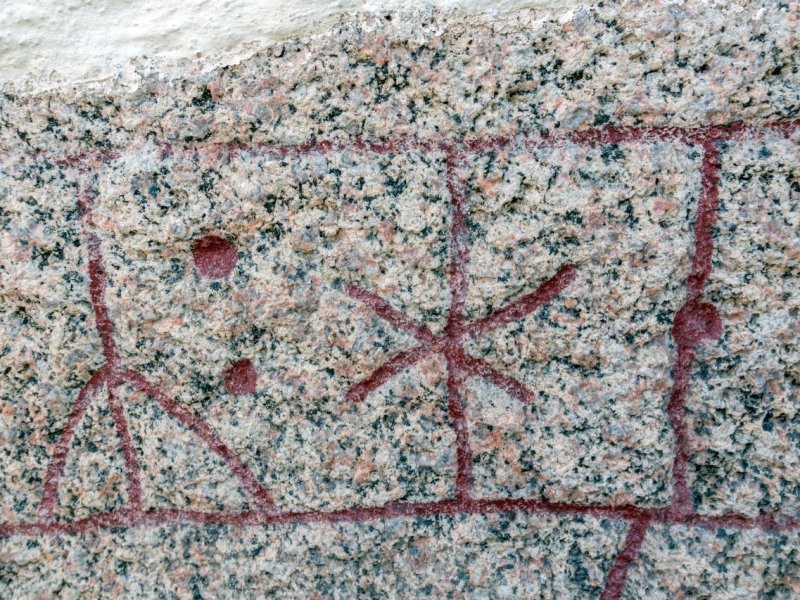Wodan (Woden)
Wodan was an ancient Germanic sky god. Wodan was known as Woden or Wotan to the Saxons and later Odin to the Norse. Wodan was also the god of war.
Wodan became an increasingly popular Germanic god, who replaced Tiwaz (Tyr) as the chief sky god and war god. Odin inherited many of Wodan's roles and attributes, as well as those of Tiwaz.
Wodan was particularly popular among the noble class, but was less popular among the working class and peasants. The rural people tend to be more interested in Donar or Thunor (Thor), the god of thunder.
Wodan (Odin) was the husband of the goddess Frija or Frea (Frigg). In the Lombardic myths, he was called Godan and was the husband of Frea.
Wodan was not only the god of war; he was the god of victory in battle. Victory was achieved in battle when he pointed his spear in favour of one army over the other.
Wodan was the god of death and blood sacrifice. The Cimbri, the Heruli and the Goths carried out sacrificial rites by stabbing and burning their victims. This would account for later Norse myths, when Odin stabbed with his spear and burned the Vanir goddess Gullveig three times, but each time the goddess would be reborn. This attack upon the goddess resulted in a war between the Aesir and the Vanir.
Like Odin, Wodan was the god of hanging. The Cimbri sometimes hanged their captives over bronze cauldrons, while a priestess cut their throats. These sacrifices to Wodan would then later be thrown into sacred lakes. However, the Norse myths said that it was Odin who hanged himself, in order to learn the magic power of poetry and the magic of the runes.
The Romans identified Woden with the Roman god Mercury. The Germanic people honoured his name by naming Wednesday after him. Wednesday was also dies Mercurii (Mercury's Day).
Woden along with six other deities was mentioned in the Second Merseburg Charm, c. 900.
By Jimmy Joe




